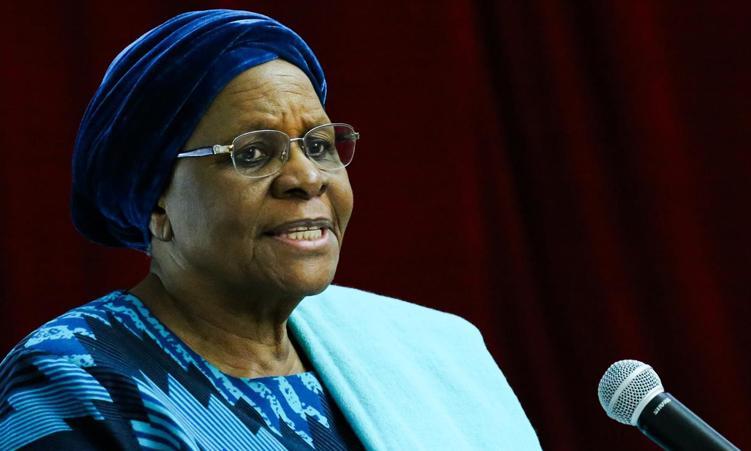Africa-Press – Namibia. President Netumbo Nandi-Ndaitwah’s administration has a rare opportunity to reset Namibia’s economic future.
The government must rethink how it raises money. Right now, Namibia depends too heavily on taxing individuals. That model is no longer sustainable.
Namibia has a population of just about three million people, according to the latest census.
Only a small number of people are formally employed. Even fewer pay significant taxes, yet the state relies heavily on income tax and value-added tax (VAT) to fund essential services.
Personal income tax contributes about 35% to 40% of total revenue. That’s too much pressure on too few people.
It discourages work and investment. It hurts small businesses. And it slows down job creation.
The middle class is shrinking under the weight of high taxes. Entrepreneurs are struggling. Small businesses are being held back.
If the government continues taxing the same narrow group, it will worsen inequality and stall growth.
Namibia should learn from Dubai’s playbook. In the early 1970s, when Dubai adopted its oil-based economic model, its population was under 300 000 – a fraction of Namibia’s current population.
But it used its natural wealth to build infrastructure, attract investment, and lower taxes. Today, it is a global business and tourism hub.
Namibia can do the same. It is blessed with vast reserves of diamonds, gold, uranium, lithium, and rare earth minerals. The government must renegotiate outdated contracts, raise royalties, and keep more profits in the country.
Processing minerals locally, instead of exporting them raw, will create jobs and generate more revenue.
Kenya offers a cautionary tale. In recent months, its youth-led protests over a punishing finance bill nearly paralysed the country. The government was forced to withdraw it. Yet Kenya doesn’t have Namibia’s mineral wealth.
If a country with far fewer natural resources can’t sustain over-taxation, why would Namibia try the same? Use your minerals to fund your budget. Free the working class from the growing burden.
Using mineral revenue to finance the budget can help Namibia avoid the debt trap. Relying on loans from the International Monetary Fund and World Bank often comes with painful conditions – like subsidy cuts or new taxes – that hit the poor hardest.
A self-financed budget gives Namibia more freedom, stability, and long-term planning power.
Namibia should offer tax breaks to local industries – especially in manufacturing, agriculture, tech, and mining services. That will spark job creation and local economic growth.
With a low tax environment and clear rules, Namibia can also attract international companies to set up operations. These firms will bring capital, create jobs, and boost both local supply and export capacity.
This is not a call to end taxes. It’s a call to use them wisely. Namibia should shift from taxing workers and consumers to leveraging the wealth beneath its soil. That way, development can be funded without choking growth and productivity.
Namibia cannot tax its way to prosperity. The tax base is too small. The system is outdated.
Nandi-Ndaitwah’s administration must chart a bold new course – one that’s resource-driven, investment-friendly, and fair.
The solution is beneath our feet. Let minerals fund the budget – not already overburdened taxpayers.
For More News And Analysis About Namibia Follow Africa-Press






